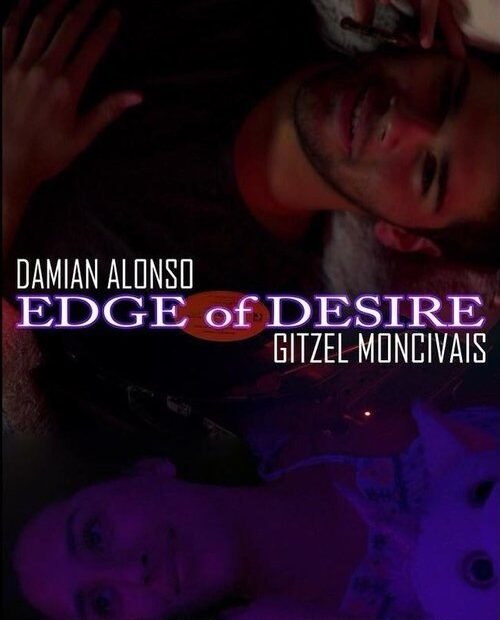Edge of Desire: A Philosophical Journey Through Longing and Closure
In a world where existential angst meets the intricacies of human relationships, Edge of Desire, written and directed by the insightful Carlos M. De La Torre, serves up a delightful cocktail of longing, closure, and a dash of absurdity that would make even Socrates nod in approval—or perhaps roll his eyes.
Our story revolves around Diego, a man whose love life resembles a poorly played game of chess—lots of pieces but no clear strategy. He spends his days wandering through the murky waters of his own desires, missing his ex, Lucia, like a philosopher misses the point of a good joke. The film opens with Diego staring longingly at a photo of Lucia, contemplating the deep existential question of whether he should call her or just indulge in another round of Netflix alone (spoiler alert: he does both).
As the plot unfolds, we find Diego navigating the treacherous terrain of his emotions, aided by his best friend Marco, who serves as the film’s comic relief and unofficial life coach, despite his own romantic failures that could fill a self-help book titled “How Not to Date.” Marco’s advice often veers into the absurd, like suggesting Diego should serenade Lucia with a ukulele (because nothing says ‘I’m over you’ like an off-key rendition of ‘Wonderwall’).
Amidst this emotional chaos, we meet Lucia, who has moved on faster than a cat meme goes viral. She’s now dating Javier, a man so charming he could sell ice to an Eskimo and still have time to flirt with penguins. As Diego wallows in his sorrow, he embarks on a quest for closure that takes him from the beach to the bustling streets of Miami, encountering a series of quirky characters that make his journey feel more like a sitcom than a philosophical exploration.
One of the highlights of the film is when Diego attends a support group for the heartbroken, where each member shares their tales of woe with the enthusiasm of a stand-up comedian at an open mic. Here, Diego learns that closure isn’t just a destination; it’s more like a road trip with a flat tire—frustrating, messy, and filled with unexpected detours. He finds camaraderie in shared heartbreak, and for a moment, it feels like they’re all in a sad version of ‘Friends’—except no one ever gets coffee, just tears.
As the climax approaches, Diego finally confronts Lucia in a scene that could only be described as both cringe-worthy and poetic. Standing on the edge of a picturesque cliff, he pours out his heart, only to realize that closure doesn’t come from grand gestures but rather from accepting the bittersweet nature of life. It’s like finding out the meaning of life is 42, but you still have to pay your taxes. In this moment, he understands that sometimes, letting go is the only way to move forward.
In the end, Edge of Desire leaves us with a profound truth wrapped in a quirky package: that life is a series of desires, some fulfilled, some dashed upon the rocks of reality, and that maybe, just maybe, it’s okay to be a little lost along the way. Diego learns that longing is part of the human experience, and closure? Well, it’s just the universe’s way of telling you to stop overthinking and start living.
So, if you’re in the mood for a film that dances on the fine line between comedy and philosophy, one that reminds us that life is a continuous cycle of desire and acceptance, grab your favorite drink and immerse yourself in Diego’s world. Just remember to bring your existential questions along for the ride—you’ll need them!
